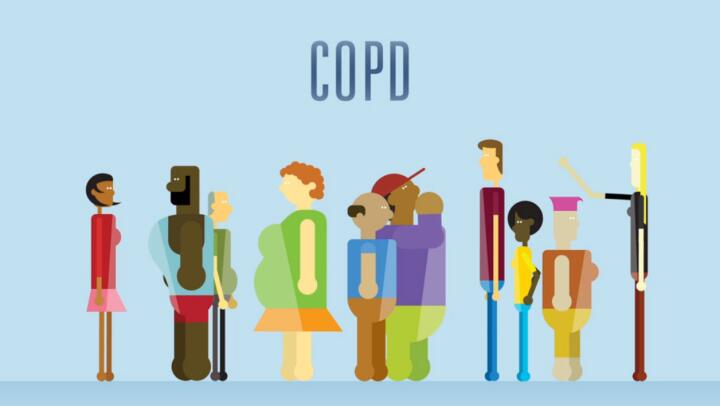
Bronchiectasis is a condition in which the bronchial tubes become abnormally thickened or widened. This damage reduces the lung’s ability to clear pulmonary secretions. Bronchiectasis is characterized by coughing, thick mucus, and frequent respiratory infections. This condition develops with time and can worsen, reducing lung function. Bronchiectasis may result from a number of causes, including repeated respiratory infections, severe asthma, genetic conditions, and airway blockages.
Bronchiectasis prognosis and life expectancy varies between individuals based on the severity of their condition and current health status. Bronchiectasis life expectancy is normal for many people, but it may be years shorter than normal for people with complicated cases.
A mild case of bronchiectasis may have no effect on your life expectancy.
For many patients, if you have few symptoms of bronchiectasis and control those symptoms, you can expect to live a normal lifespan. However, if your symptoms affect your day-to-day routine, your condition could be evolving in severity. For instance, if you have three or more chest infections in one year or you experience severe weight loss, these symptoms could indicate a moderate or severe case of bronchiectasis, which will affect life expectancy if not brought under control.
Those with severe bronchiectasis may still live for many years.
Although life expectancy may be shortened with severe bronchiectasis, prognosis can still be good for patients for many years. The key is following your bronchiectasis treatment plan and monitoring symptoms to make sure they stay under control. Listen to your body, and talk with your doctor if you experience worsening or new symptoms. As a chronic condition, bronchiectasis requires due diligence in caring for your body.
Bronchiectasis treatment includes anti-inflammatory drugs, antibiotics, physiotherapy and oxygen therapy.
The bronchiectasis treatment you receive depends on your individual case and health status. The primary goal of any bronchiectasis treatment plan is to control your symptoms, promote good lung function, and reduce your risk of complications.
- Anti-inflammatory medications, to strengthen airways
- Preventive antibiotics, to keep infections away
- Undergoing physiotherapy, to clear your lungs and airways of mucus, which also helps reduce infections
- Pulmonary rehabilitation, to improve physical strength
Your doctor will create a treatment plan that best fits your situation and adjust it as necessary to keep symptoms under control.
Treatment reduces the risk of bronchiectasis complications.
Once it develops, you cannot cure bronchiectasis. However, persistent self-care and medical treatment will reduce your risk of complications and improve your prognosis.
Pneumonia is one of the primary bronchiectasis complications resulting from persistent mucus buildup within the airways. Increased trouble breathing could lead to respiratory failure as well as heart failure, as more stress is put on those organs. Another possible, but rare, complication is coughing up blood due to torn blood vessels in the lungs. This could lead to rapid blood loss, which needs to be stopped as quickly as possible. If you have symptoms of or suspect symptoms of these ailments, it’s important to contact your doctor right away.
To keep your lungs healthy and ward off bronchiectasis complications, it’s important to take precautions to prevent lung infections and tissue damage. One of the simplest things you can do is keep up on your immunizations, such as flu and pneumonia vaccines. When you experience signs and symptoms of a lung infection, seek medical care right away to help reduce or prevent damage to the lungs. Avoid smoking and inhalants that could lead to lung and tissue damage. Together, these practices will increase your chances of living well with bronchiectasis.
















